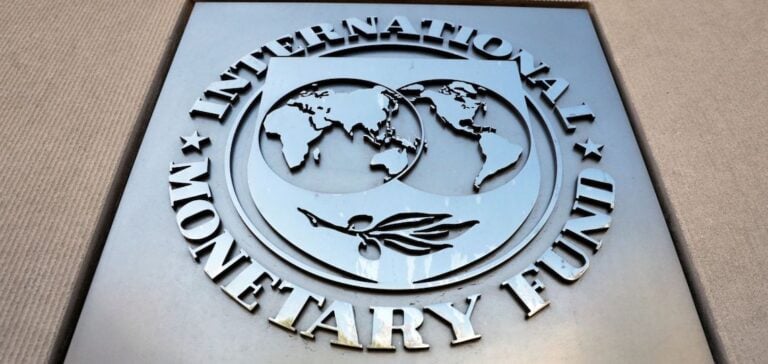Lower energy prices are the main cause of the slowdown in global inflation, according to Pierre-Olivier Gourinchas, chief economist at the International Monetary Fund (IMF), who believes that central bank rate hikes have also had an indirect effect.
Sub-analysis: impact of falling energy prices on global inflation and the role of central bank rates
“We think that if we have this decline in inflation, a lot of it comes from lower energy prices. And part of that decline is linked to the slowdown in global activity, so indirectly also an effect of monetary tightening,” said Gourinchas at a press conference.
Nevertheless, the fall in energy prices is “not so much due to monetary policy as to the fact that the energy crisis is, to some extent, behind us”, he added.
However, the rate hikes carried out by the world’s leading central banks since March 2022 were necessary “to keep inflation expectations anchored”. “If monetary policy had not been tightened as it was, we would probably have had a private sector that felt that nothing was being done to reduce inflation, and that there was therefore no reason for it to slow down. Monetary policy has kept inflation expectations in check,” insisted Pierre-Olivier Gourinchas.
Analysis of global inflation and its regional peculiarities: focus on the United States and China
Inflation is slowing around the world, thanks to rapid monetary tightening by the world’s leading banks, but the IMF has repeatedly stressed the need to keep up the pace.
In the United States, where inflation fell to 3% in June according to the PCI index, the Federal Reserve’s (Fed) Monetary Committee meets on Tuesday and Wednesday, and is expected to announce a further rise in rates, currently between 5% and 5.25%, after the pause observed in mid-June.
On a global level, the IMF’s inflation outlook for 2023 has been revised down to 6.8%, compared with 7% at the time of its previous estimate in April, mainly due to a sharp slowdown in price rises in China, where inflation is expected to reach 1.1% in 2023. “This is the only country in the world where inflation is currently below its target (2%, editor’s note)”, emphasized the IMF’s chief economist, who believes that, faced with this situation, the Chinese central bank should, unlike other countries, “loosen its monetary policy”.






















